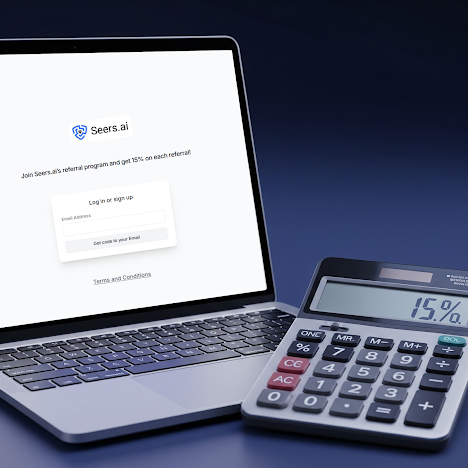How to make money as a freelance developer
.png)
If you’re a freelance developer, web designer, or run a small dev agency, you're constantly looking for ways to maximize your earnings. We’re all busy building awesome websites for clients, but what if you could turn an essential, often overlooked, part of your workflow into a consistent passive income stream? Imagine this: You’re already installing cookie banners to keep your clients compliant with GDPR, CCPA, and other privacy regulations. What if you could get paid for every single one? Not just once, but with recurring commissions? This isn't a pipe dream; it's a simple, smart way to boost your bottom line with Seers.ai . Turn Client Work into Recurring Revenue – In Under 5 Minutes! One of the most frequently asked questions in our developer circles is: "How to make money as a freelance developer beyond active client work?" or "What are some easy passive income ideas for developers?" The answer often involves complex side projects or niche products...







